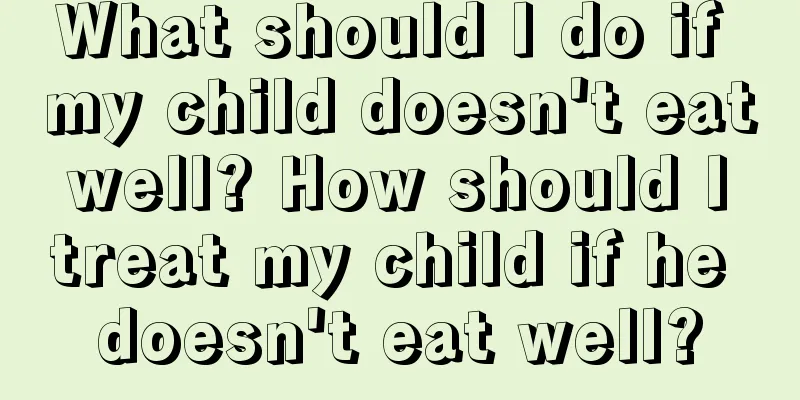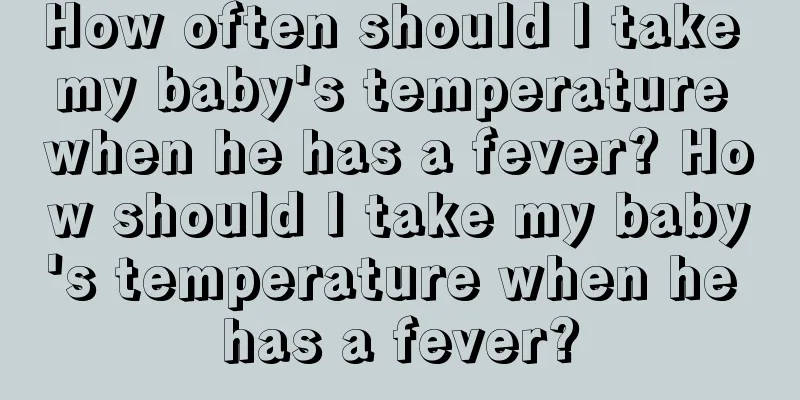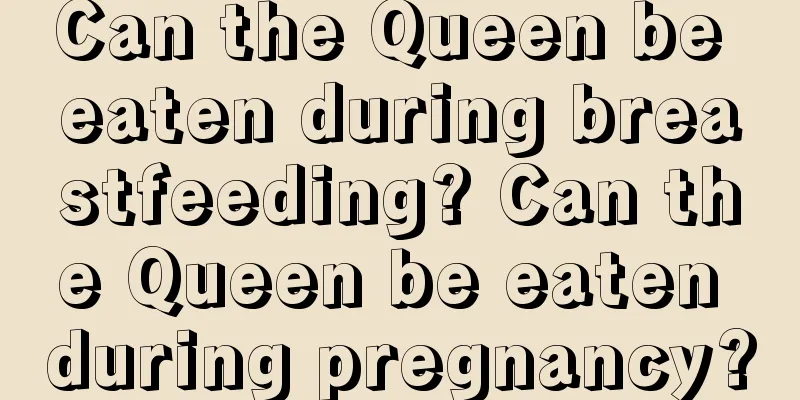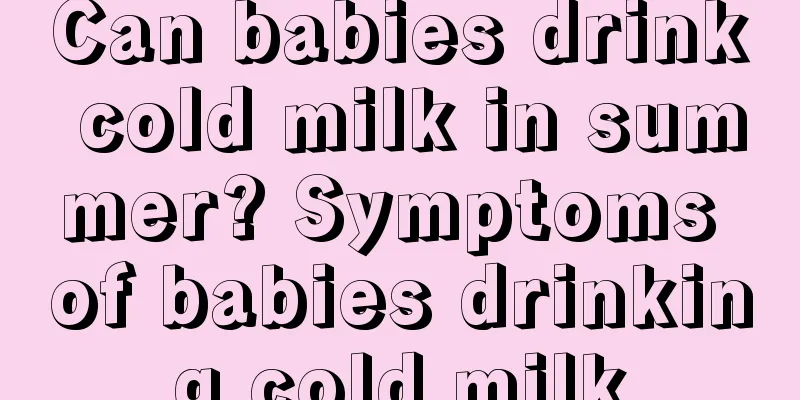Can children eat chocolate? At what age can they eat chocolate?
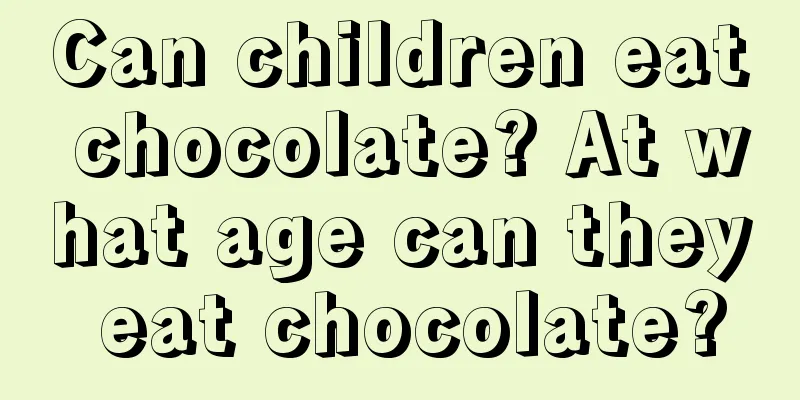
|
Many parents like to eat chocolate themselves and have a lot of chocolate at home. When their children see it, they will inevitably want to eat it. At this time, parents are very conflicted about whether to give it to their children. Can children so young eat chocolate? Is it not okay to eat a little? Can children eat chocolate? Let me tell you. Can children eat chocolate?Chocolate candies, chocolate cookies, chocolate milk, chocolate bread…many desserts and cakes that children love to eat contain caffeine, sugar, artificial colors…these are ingredients that can affect children’s health. The purer the chocolate, the higher the caffeine content. Relatively impure chocolate contains relatively high amounts of sugar, fat, and coloring. And most children prefer sweet taste. Chocolate has a low protein content and a high fat content. It does not contain cellulose that can stimulate gastrointestinal motility, which will affect the digestion and absorption function of the gastrointestinal tract. Children have different metabolic rates of caffeine depending on the degree of renal metabolism, generally between 7 and 30 hours. Chocolate generally contains a certain amount of oxalic acid. If it is only paired with milk, oxalic acid will combine with calcium ions to form water-insoluble calcium oxalate, so it will interfere with the body's absorption of calcium and affect the baby's bone growth. Although there is no formal research report on whether breastfeeding mothers will indirectly ingest caffeine if they eat chocolate, it has been determined medically that the younger the child, the lower the metabolic rate of caffeine. Therefore, to be on the safe side, breastfeeding mothers and infants under 3 years old should avoid eating chocolate. Effects of eating chocolate on babies1. Eating chocolate affects digestion Chocolate is high in fat, but does not contain cellulose which can stimulate normal gastrointestinal motility, thus affecting the digestion and absorption function of the gastrointestinal tract. 2. Eating chocolate affects your appetite Chocolate has a low protein content, a high fat content, and a relatively high sugar content. Excessive consumption before meals will produce a feeling of fullness, thus affecting appetite, but children will soon feel hungry again after meals. This cycle repeats over and over again, disrupting normal life patterns and dining habits, which will inevitably affect physical health. 3. Eating chocolate can cause tooth decay Many babies cannot brush their teeth properly, and eating too much chocolate can easily cause tooth decay and increase intestinal gas, leading to abdominal pain. 4. Eating chocolate affects children’s sleep Chocolate contains substances that can excite the nervous system. Eating too much chocolate can easily cause children to become overly excited and have difficulty falling asleep. Chocolate and EnuresisAs chocolate has been found to have a variety of health functions (such as protecting the heart, preventing cancer, losing weight, and boosting mood), it has attracted more and more attention and advocacy from health experts, and has gradually become a fashionable food. However, babies should be properly restricted, otherwise they are prone to enuresis. This is because chocolate can cause an allergic reaction in the baby's body, causing the bladder wall to swell, the capacity to decrease, and the smooth muscle to become rough, thus causing bladder spasms. At the same time, this allergic reaction makes the baby sleep too deeply, so that they cannot wake up in time when the urine is full, and they always wet the bed. Eventually, enuresis occurs. Chocolate and milk cannot be eaten togetherIn addition, milk and chocolate should not be eaten together. In order to increase nutrition for their children, some parents often put some melted chocolate in milk or give their children chocolate after feeding. This is unscientific because calcium in milk combines with oxalic acid in chocolate to form calcium oxalate, which is insoluble in water. If consumed for a long time, it is easy to make children's hair dry and dull, and also cause economic diarrhea, calcium deficiency and slow development. |
>>: Can a one-year-old baby eat zongzi? It is recommended to eat less
Recommend
How to prevent and treat paronychia in children
Paronychia in children seriously affects their mo...
Can children eat durian? Can children eat durian?
Because durian has a very high edible value, many...
What should we do if a naughty child squanders more than 200,000 yuan and refuses to change his ways despite repeated warnings?
Recently, a news report said that a 13-year-old b...
How to choose baby rice cereal Baby rice cereal eating precautions
Baby rice cereal can help babies develop their ch...
How is dodie diapers? Dodie diapers trial report
In the early stages of parenting, diapers are pro...
Can I use moxa leaf compress for newborn baby with flatulence? How to massage baby with flatulence?
It is normal for newborns to have flatulence. The...
Can I eat a rotten pear? What will happen if I eat a rotten pear?
Pears are a very popular fruit because they are v...
How to deal with newborn bloating? 4 ways to relieve it
First, take precautions and do not feed too fast,...
The child coughed and vomited. What is the reason for the child's cough and vomiting?
Children are usually very susceptible to illness,...
Is intrauterine pregnancy good or bad? What to do if you have an intrauterine pregnancy
Intrauterine pregnancy is also a type of early pr...
How to treat anemia in children with pale complexion
Children need a lot of nutrients during their gro...
How should I take care of my skin during pregnancy? What should I pay attention to when taking care of my skin during pregnancy?
Everyone must have heard of skin care during preg...
How to clean coral fleece quilt cover? How to clean coral fleece
In winter, many families use coral fleece four-pi...
What is the most effective way to treat children with cold and stuffy nose? What medicine should children take for cold and stuffy nose?
Children usually have poor constitution and resis...
How often should I take my baby's temperature when he has a fever? How should I take my baby's temperature when he has a fever?
Babies have poor body resistance and can be easil...


